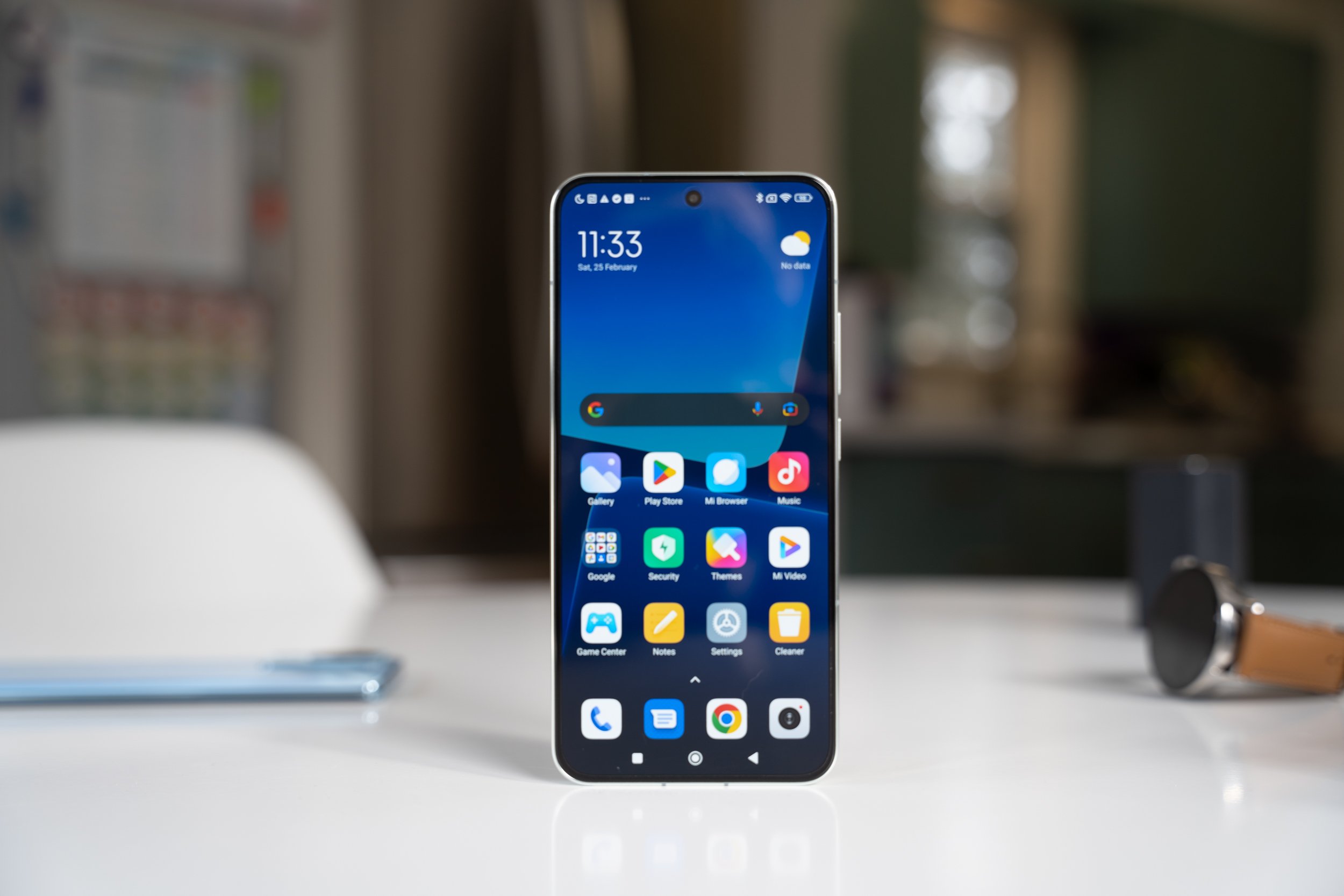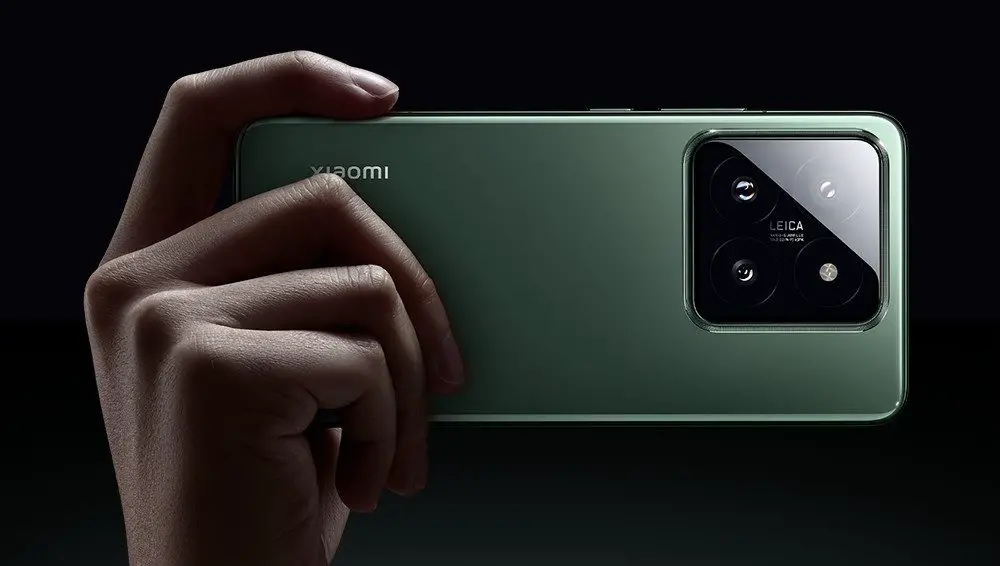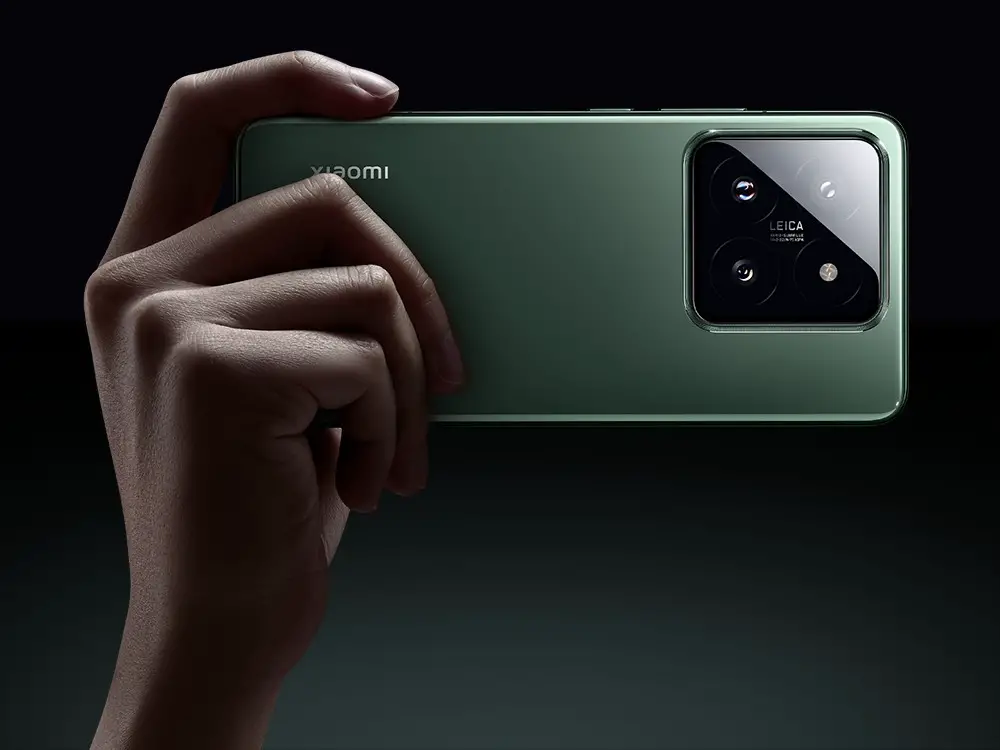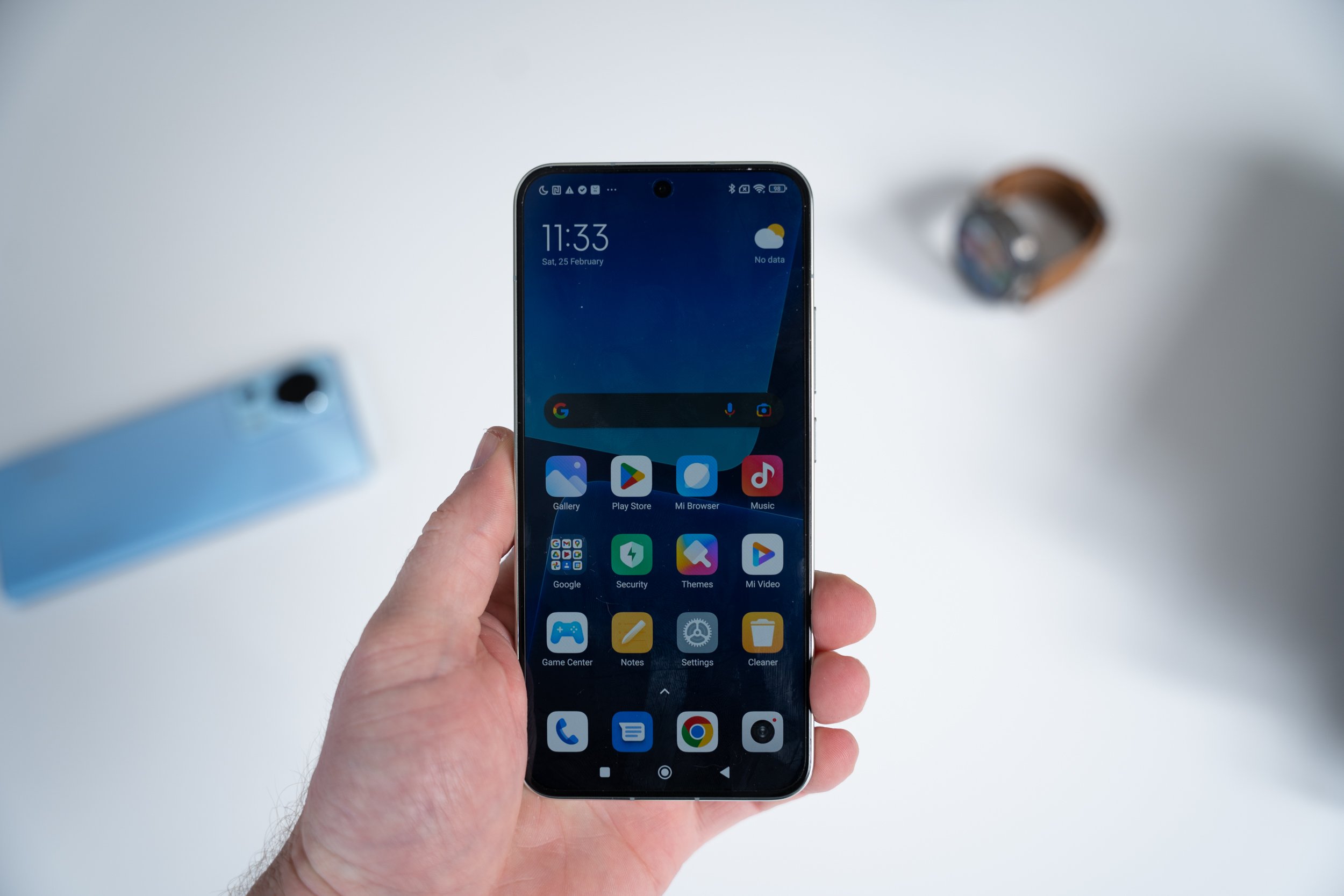
While a lot of smartphone manufacturers are working on incorporating the latest Snapdragon 8 Gen 3 chip in their new and upcoming phones, that's not necessarily the case with Redmi's upcoming K70 handset, which is scheduled to launch tomorrow in China.
More specifically, it's expected that the Redmi K70 will feature last year's Snapdragon 8 Gen 2 - while it is technically an "older" chip, the 8 Gen 2 has got to be one of the more well-received Qualcomm chips in recent times, thanks to impressive performance and power efficiency. The information was initially shared via Chinese social media site Weibo.

With that being said, it's not exactly surprising to see Xiaomi use older chips on newer devices, given the brand's push for budget-friendly devices which don't necessarily lose out on performance. Other details of the Redmi K70 include two color variants which are available in purple and blue, as well as a 1220p resolution display with up to a whopping 4,000 nits of peak brightness.
Redmi fans will have to tune into tomorrow's K70 launch event, which will be held online and will also showcase the spec'd out Redmi K70 Pro variant.

Unlocking the bootloader on smartphones has been a mixed bag experience as it varies from OEM to OEM. In the past, some have embraced the enthusiast community, while others cite security issues as being the reason to not officially allow the bootloaders of their phones to be unlocked.
Unfortunately for Xiaomi smartphone owners, it seems that the company isn't too keen on allowing the bootloaders of their phones to be unlocked. Speaking to Android Authority, the company confirmed that the bootloader on their phones running HyperOS will be locked by default and that unlocking will be disabled.
This doesn't mean that Xiaomi will disallow the unlocking of the bootloader completely. Instead, users who wish to unlock the bootloader of their Xiaomi phones will need to apply for permission via Xiaomi's community forum. Over in China, it might be even harder because according to MIUI Polska writer Kacper Skrzypek, users in China will need to reach "level five" on the forums, and even then they will have a limit of three unlocked devices per year.
Also, another thing to note is that Xiaomi phones running on MIUI who have their bootloaders unlocked will not receive the update that will upgrade them to HyperOS (which is the new OS Xiaomi introduced in the Xiaomi 14 phones) as long as they remain unlocked.

Xiaomi recently announced the Xiaomi 14 series which consists of the Xiaomi 14 and Xiaomi 14 Pro. But in case you're looking for an even higher-end and more powerful variant, you could be in luck because come early 2024, an Ultra version could be launched.
This is according to a post on Weibo by Digital Chat Station in which they claim that Xiaomi could be working on the Xiaomi 14 Ultra that could debut in the first quarter of 2024. So what will be different about this model compared to the other Xiaomi 14 models? Apparently the display and camera will be some of its most differentiating factors.
The display is said to be slightly curved, similar to phones like the Samsung Galaxy S23 Ultra where the surface will be flat but it will be ever-so-slightly curved along the edges. Its display is rumored to be 6.67-inches and will have a 144Hz refresh rate, and under the hood the same Snapdragon 8 Gen 3 chipset can be found.
It is also rumored to sport a brand new camera where it will pair the Sony LYT900 sensor together with a Leica Summilux f/f1.42-4.0 lens. Other rumored specs include 12GB of RAM, up to 1TB of storage, and a 5,000mAh battery with 120W charging. To date there hasn't been an announcement regarding the global availability of the Xiaomi 14 series, but hopefully we'll have more details about that come 2024.

Earlier this week, Qualcomm announced its latest flagship chipset, the Snapdragon 8 Gen 3. Xiaomi also took to the stage during the event to confirm that its next flagship phone, the Xiaomi 14 series, will be the first to use the new chipset, and for those eager to get their hands on the device, the Xiaomi 14 series have been officially announced!
There are two phones in the lineup (for now) which includes the base Xiaomi 14 and the more expensive and feature rich Xiaomi 14 Pro. Both phones will be powered by the Snapdragon 8 Gen 3 chipset, so in terms of performance, both these devices are more or less identical.
One of the more obvious differences would be its design. The Xiaomi 14 looks like your typical smartphone with flat edges and an edge-to-edge display, while the Xiaomi 14 Pro has opted for a sleeker look with a slightly curved displays thanks to the use of Xiaomi's Longjing Glass.

Another difference is that the Xiaomi 14 will feature a smaller 6.36-inch display, while the Xiaomi 14 Pro will sport a larger 6.73-inch display, but even then both displays will have support for HDR10+, a peak brightness of 3,000 nits, and also a 120Hz refresh rate.
Another main difference is that the Xiaomi 14 will be available starting with 8GB of RAM and will go up to 16GB, while the Xiaomi 14 Pro will launch with 12GB and 16GB options, so there will be more RAM right off the bat.
In the camera department, interestingly enough both phones will feature near-identical camera specs. Both phones will feature a triple camera setup with a 50MP main, a 50MP telephoto, and a 50MP ultrawide, the only difference being that the Xiaomi 14 Pro's main camera has a slightly wider aperture of f/1.4 versus the f/1.6 on the Xiaomi 14.

Both cameras do feature Leica's branding and will also feature the use of a new "Light Hunter 900" sensor, ditching the use of the 1-inch sensor which is honestly a bit of a shame, but we'll have to wait and see how it performs in real-life before we judge it. In terms of battery, the Xiaomi 14 will sport a smaller 4,610mAh battery with 90W wired charging, while the Xiaomi 14 Pro will come with a larger 4,880mAh battery with 120W charging.
Both phones are currently available for pre-order in China for now, with the Xiaomi 14 starting at CNY 3,999, while the Xiaomi 14 Pro will be priced starting at CNY 4,999. If the rumors are true, we can expect to see both phones launch globally starting next year.

One of the biggest traits of Android is its ability to be customized with additional features and visual effects, which helps manufacturers differentiate their brands from rivals and competitors. As a result, we've gotten different variations of Android such as Samsung's One UI, Oppo's Color OS, and Xiaomi's MIUI, to name a few.
In the case of MIUI, there's been some speculation that Xiaomi might introduce a newer version of its mobile interface, which is expected to come with changes to how users can interact with its smartphones. It looks like this is bound to happen soon, as confirmed by Xiaomi CEO Lei Jun.
Based on a photo shared on Jun's official social media account, Xiaomi will be introducing a new mobile interface dubbed "HyperOS", which will make its debut on the upcoming Xiaomi 14 series smartphones. Jun adds that Hyper OS is the result of "years of collective work." There's no word on whether or not the new interface will make its way to older devices, although it shouldn't come as a surprise if that were the case.
While MIUI was undoubtedly unique in its own way, it wasn't the most efficient Android skin, with users complaining of occasional performance bugs and glitches. With that in mind, we're hoping Hyper OS comes with a ton of improvements (and less bloatware, as well).
© 2023 YouMobile Inc. All rights reserved





